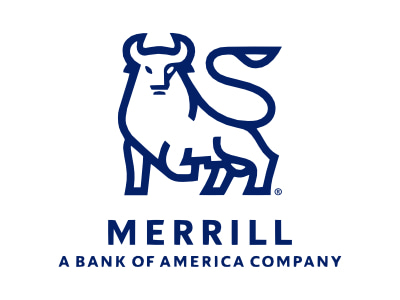- Categories :
- More
3 ways trusts can help — even if you’re not rich

Trusts can be an efficient way to provide a financial legacy to the people and causes you care about. Plus, there are other benefits you may not have considered
MANY PEOPLE ASSUME THAT TRUSTS are only for the very wealthy. That’s not the case. “Trusts are tools that give you very specific control over how your wealth is used and protected, no matter how much money you have,” says Kevin Hindman, managing director of Retirement & Personal Wealth Solutions at Bank of America.
Broadly speaking, you can think of a trust as a sort of container that holds your assets — from investments and real estate to even a private business. With the help of a lawyer and financial advisor, you establish the rules for what happens to the assets in your trust and who will manage it, either during your lifetime or after you die, and name beneficiaries of your choosing. You can set up a trust while you’re alive to provide for the management of assets in the event that you or a loved one becomes incapacitated — a valid concern given our increased life spans compared to decades ago and the prevalence of conditions like Alzheimer’s that can require costly long-term care. But trusts are also useful in helping ensure that your money is distributed as you wish after you are gone. Here are three potential benefits to consider.
1. More control. You can use a trust to set rules or conditions about when and how your beneficiaries will receive their inheritance. For instance, if you prefer that your son complete a professional degree or pursue a career rather than buy a sports car, you could establish a trust that sets a specific age or milestone before the money becomes available, such as graduating from law school or turning 30.
Trusts also can help you reach charitable goals or improve tax efficiency. By setting up a charitable trust, for example, you can support philanthropic causes now or in the future while also providing an income stream for you or your heirs and minimizing gift or other potential taxes. (For more on these strategies, see this guide to charitable trusts.)
2. A measure of protection. Trusts can help ensure that your children, grandchildren, cherished friends or other loved ones receive their inheritance if you divorce or remarry. They also can help shield assets if you or your heirs are in professions that come with a high risk of litigation. By making a trust the beneficiary of your life insurance policy — or putting the policy within a trust — you can dictate how the proceeds can be spent, adding another level of protection for your heirs. A trust can also be used to help keep a business in the family or provide for a child with special healthcare needs. (See “The surprising (and often misunderstood) ways to protect your family today.”)
3. Investment guidance. A trust allows you to designate a professional money manager, so if loved ones are unable to handle investments, family property or a business, they may be protected from costly mistakes. The same goes for heirs who are too young to invest and manage an inheritance. For the beneficiaries of your trust, the financial stewardship you put in place can ease the transition to managing the assets and provide peace of mind for all.
Trusts are just part of a larger plan you can put in place — and adjust over time — to establish your legacy. Read “How do you want to be remembered” to learn more about the steps you can take now to help protect the financial future of those you love.
Connect with your advisor to learn more
Phone
(281) 882-4818














